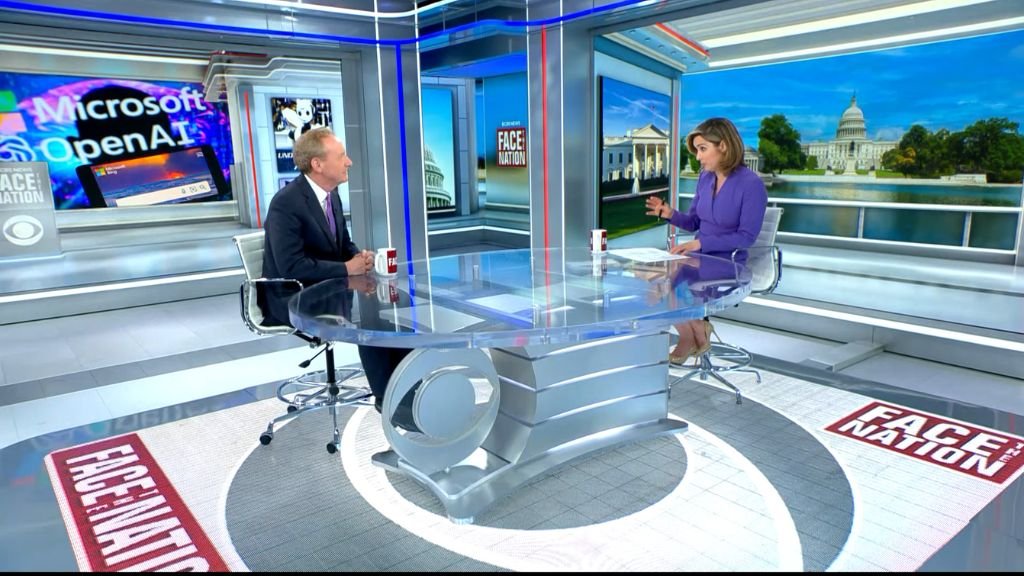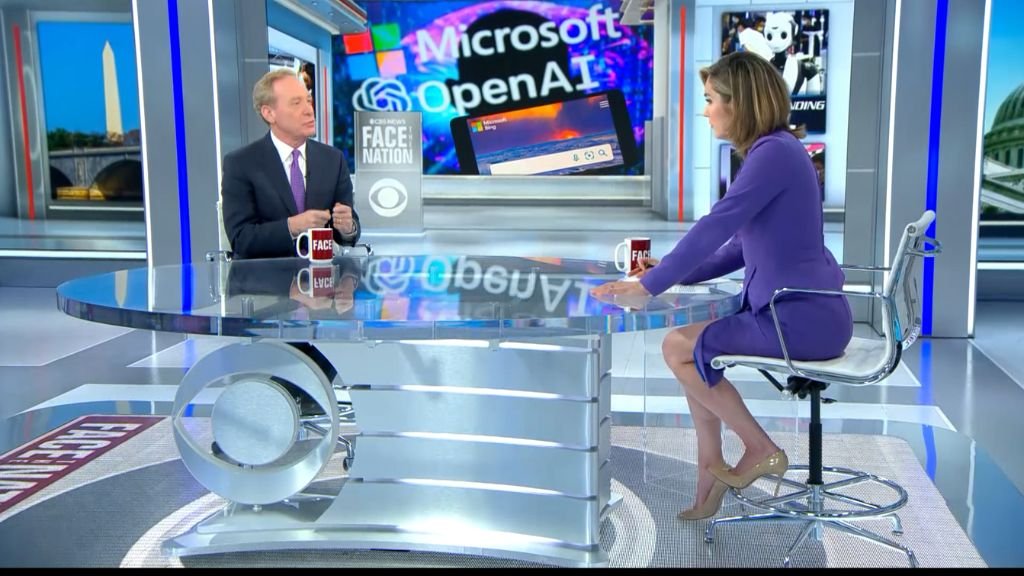Tech executives sign warning letter regarding artificial intelligence risks
(CBS, KYMA/KECY) - Artificial intelligence (AI) could pose a "risk of extinction" to humanity on the scale of nuclear war or pandemics, and mitigating that risk should be a "global priority," according to an open letter signed by AI leaders such as Sam Altman of OpenAI as well as Geoffrey Hinton, known as the "godfather" of AI.
The one-sentence open letter, issued by the nonprofit Center for AI Safety, is both brief and ominous, without extrapolating how the more than 300 signees foresee AI developing into an existential threat to humanity.
In an email to CBS MoneyWatch, Dan Hendrycks, the director of the Center for AI Safety, wrote that there are "numerous pathways to societal-scale risks from AI."
"For example, AIs could be used by malicious actors to design novel bioweapons more lethal than natural pandemics," Hendrycks wrote. "Alternatively, malicious actors could intentionally release rogue AI that actively attempt to harm humanity. If such an AI was intelligent or capable enough, it may pose significant risk to society as a whole."
Microsoft President on benefits and regulation

Photo Credit: CBS
On CBS News' "Face the Nation" Sunday, President and Vice Chair of Microsoft Brad Smith spoke with Margaret Brennan, saying he expects the U.S. government to regulate artificial intelligence in the year ahead.
"I think there is an opportunity to take real steps in 2023, so that we have guardrails in place for 2024, so that we are identifying in my view, especially when we're seeing foreign cyber influence operations from a Russia, China, or Iran that is pumping out information that they know is false and is designed to deceive, including using artificial intelligence mm-hmm. And that will require the tech sector coming together with government. And it really will require more than one government. This needs to be an international initiative, but we've done that in recent years. In other spaces, we can do it again. And I think we should," Smith expressed.

Photo Credit: CBS
During the interview, Smith also spoke out on the benefits of AI saying, "It's fundamentally an invention that can help us all do research, learn more, communicate, more sift through data better. And its uses are almost ubiquitous in medicine, in drug discovery, in diagnosing diseases in you scrambling the resources of say the red cross or others in a disaster to find those who are most vulnerable, where buildings have collapsed...It identifies patterns in data that may be difficult for humans to access, but in a sense, it's gonna impact all of our lives in a multiple of different ways. So think about it as the next step in our ability to learn, communicate, [and] express ourselves."
Some tech executives, including Elon Musk, have urged for the regulation of AI, which is used in systems like Google's Bard and even Roombas.
